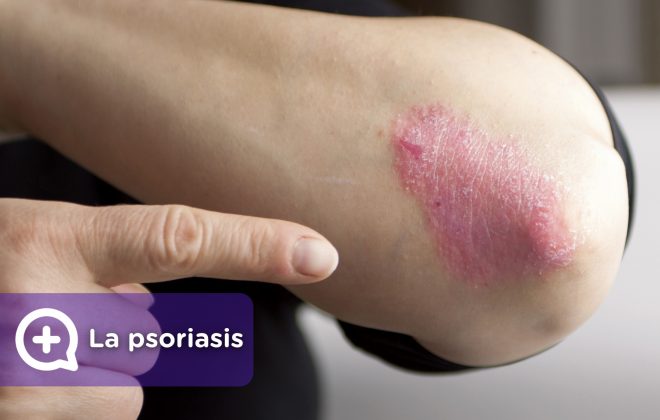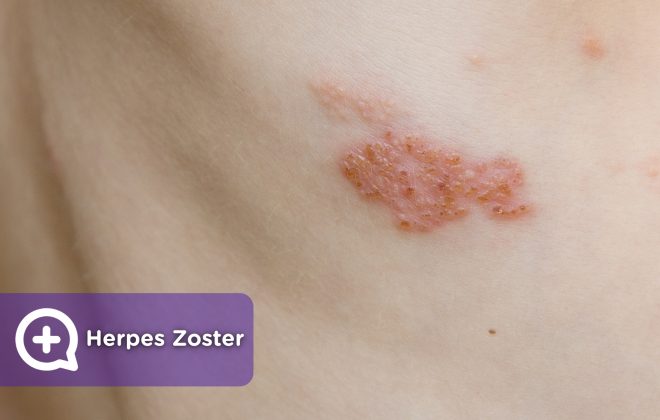Do you know that you could have the human papilloma virus (HPV) and not know it?
It is estimated that four out of five people (80%) have contracted or will contract HPV at some point in their lives. In most cases, it does not show symptoms and disappears spontaneously, sometimes it comes to light and sometimes it does not.
When it manifests, forming small warts, you must pay attention and go to the doctor, as some types of HPV can lead to cancer.
What is HPV?
HPV is the most common sexually transmitted disease. There are more than one hundred types and around 40 of them affect the genital area, in both men and women. In most cases, the infection is with a low risk HPV, not related to cancer. Benign lesions (genital warts or condolymas) disappear spontaneously, and whoever has it may never find out.
However, some variants are high risk and can cause precancerous lesions that can lead to cervical cancer. These are responsible for 70% of this type of cancer. They can also cause less frequent genital cancers such as penile, vulvar, anal, mouth, and throat.
How is it spread?
HPV is transmitted sexually. Any sexually active person who has genital contact (even without penetration) with another person infected with HPV can get it. For women, it is estimated that the highest probability of infection is in the first years of their sexual life, so that between 20 and 30% of those under 30 are carriers of HPV. The percentage decreases progressively with age, reaching below 10% in women older than 50. In Spain, there are two million HPV carriers and about 400,000 have symptoms. Each year about 2,500 new cases of cervical cancer are diagnosed and approximately 850 women die.
It is not only women that are at risk for papilloma cancer. 84% of anal cancer cases and its precancerous lesions, and 47% of penile cancer, are related to the HPV infection.
How do I know if I have HPV?
High risk cases of HPV can be treated before it progresses and becomes cancer, so it is essential to have a Pap test regularly, which detects abnormalities in the cervix and can test specifically for HPV at the same time.
Do not worry if you test positive, that only indicates that you are a carrier. You will have to endure more specific testing, such as a colposcopy and a biopsy to confirm the diagnosis and define the next steps with your doctor.
For men, there are rarely visible symptoms, making it difficult to diagnose. They are genital warts that look like cauliflower.
There is currently no treatment for HPV, so the immune system must eliminate the infection. In the case of precancerous lesions, they can be removed or destroyed by laser or freezing (cryotherapy).
Can it be prevented?
There are ways to prevent infection:
- Vaccine against Human Papilloma Virus: it is the most effective method for both men and women, and has no side effects, but does not cover all types of HPV. Both boys and girls should be vaccinated around age 11-12 (adults can also be vaccinated).
- Use condoms: to reduce the risk of contagious genital warts and the virus itself.
To consider:
There are factors that favor the elimination of the virus:
- Do not smoke. Tobacco use lowers the ability of the immune system to eliminate the infection of the virus.
- Oral contraceptives. There is an increased risk of the virus remaining and the presence of premalignant lesions and cancer of the cervix among women who have used oral hormonal contraceptives for years. This risk decreases after stopping treatment. On the contrary, the IUD does not increase the risk; it can actually decrease it. You should consult with your doctor before making a decision and look for the most appropriate method for you.
*Content validated by the mediQuo medical team.



